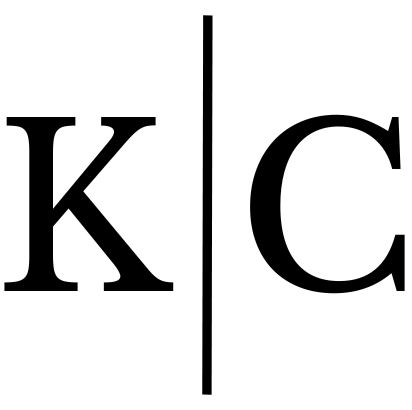Job Searches: Focus on the Company, Team, and Vision, not the Daily Duties
I talk to a lot of people who are thinking about their career and are considering going to grad school or changing jobs (or looking for their first job). Entrepreneurs are highly opinionated people, so everything I say has to be taken in the context that it's my particular view of the world. But I strongly believe in one key piece of advice: always focus on the long-term happiness factors. The company, its market, its financial health, its culture, the opportunities to progress, etc., are extremely important to your happiness and success. Your salary and daily duties (i.e. your core job description) are short-term factors that can change and absolutely will change if you perform well.
If you're choosing a job with a long-term view (hopefully you are), you will quickly accelerate your career if you work with smart, successful people. You'll learn from them. You'll grow. You'll help build the future of the industry you're in. Having the ideal job description should be a far distant priority. If you prove yourself, you can move into new roles at a good company, but you can't quickly change a weak company into a great one.
I would rather take out the trash for Reid Hoffman or mop floors for Larry and Sergey than be an SVP at a meaningless company with a mediocre team. In my first job out of college (I worked for Cypress Semicoductor in Silicon Valley) I ended up moving back to the east coast for personal reasons. One of the directors gave me a powerful piece of advice: "always surround yourself with the most clever people you can find." I didn't completely understand the power of that statement at the time, but it is extremely true. I like the use of the word "clever" vs. smart because it's not rocket science intelligence that always leads you to the next big thing, but rather the cleverness to quickly adapt in changing situations. So when you're looking at a job, find a place with clever people where you'll be happy for the long-term. Then figure out what you'll actually do on a daily basis and use it as a launching point for bigger and better things. If you were an engineer at Google during the early days or a product manager at PayPal during its hyper growth, do you think you'd be whining about the job description you had at the time, regardless of what they asked you to do?

